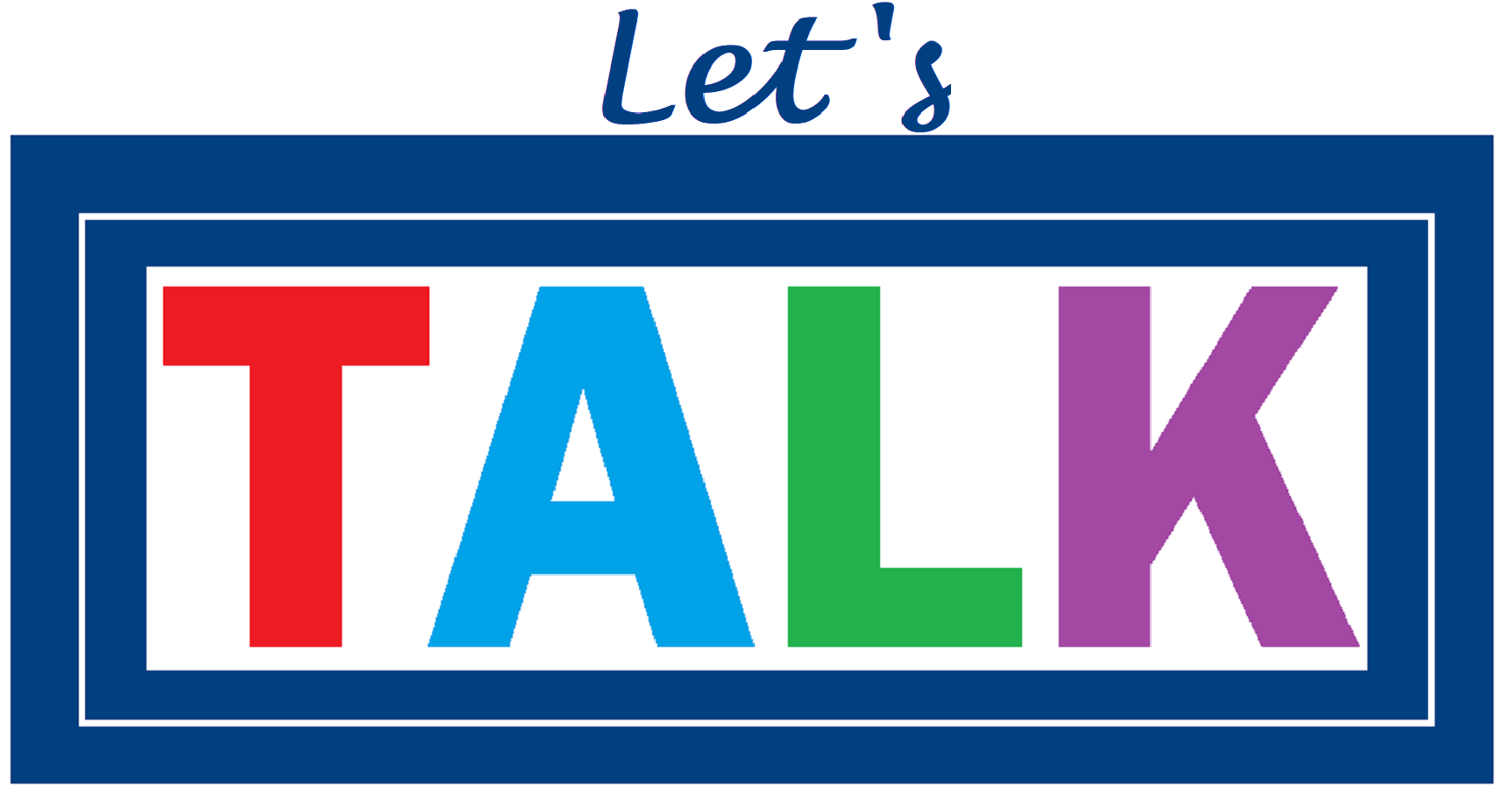By Kristi Vitelli
On March 2, 2022, the United Nations Environment Assembly voted to create a global treaty to end plastic pollution. Plastic knows no boundaries, so it requires a global response to stop the scourge of single-use plastic pollution. This treaty will force governments and companies to take more responsibility.
Unfortunately, COVID-19 exponentially increased the amount of plastic waste.
We need to be using much less of it, using it much more responsibly, and keep each item in the economy for as long as possible, so it does not quickly become waste.
- Making your own cleaning products with ingredients you most likely have in your cupboard already – such as bicarb soda, lemons, and vinegar.
- Swapping out shower gel, shampoo, conditioner and more for bars of soap. Go a step further and check the soap ingredients to ensure they don’t contain palm oil, and find products that use sustainable packaging.
You can also purchase reusable silicone bowl toppers to cover food in bowls, pots and pans, or even get crafty with an upside down plate, reusable cloth cover or wax wrap.
As far as feeding your furry friend goes, be sure to source pet food that comes in paper bags or tins which can be recycled, not plastic. Many butchers and fishmongers are happy to fill your reusable containers with bones, fish and other meaty treats, rather than using a plastic bag.
Bird owners can find it difficult to avoid plastic packaging, but you can reduce wastage by buying grains and seeds in bulk.
To further reduce waste, you can also make your own pet food. Be sure to choose beds made of jute, hessian or cotton, and toys made from rope, recycled rubber, hemp, rice, and other sustainable materials, rather than plastic. You can also reuse a worn out shoe as a toy – Fido will appreciate it all the same.
Shop at farmer’s markets and bring your own bags to avoid packaged fruits and vegetables OR grow your own vegetables
Reduce what you buy. Before you make a purchase, ask yourself if you truly need it, or if you can repurpose other items that you already have. Shopping for secondhand clothing and products helps contribute to less waste. Avoid products that are wrapped in plastic, and seek more sustainable alternatives.
Reuse plastic items as much as possible or take to a secondhand store where possible so they don’t end up in landfill.
Recycle correctly, and choose to buy recycled products to close the loop. Other places to recycle stuff. See article
- Local and on-shore recycling facilities, to reduce the pollution caused by transporting goods
- Governments to regulate manufacturers to minimise packaging and use sustainable materials
- Governments holding manufacturers accountable by implementing extended producer responsibility schemes
The impact
- All of the oil, water and other resources used to make products is wasted if those products aren’t recycled
- By reducing, reusing, and recycling, you can help minimise landfill waste
Learn about the process and impacts of our production and consumption patterns, and the role of recycling, at the Story of Stuff (20 minutes).
Conscious consuming. Stop supporting the throw away society, run by big business that is bigger than government and decides our future instead of the government.
In the US, it is estimated that 50 billion coffee cups and lids are thrown away each year.
- An estimated 583 billion plastic bottles were produced in 2021. That is 100 billion more than were produced just five years ago.
- This year, five trillion plastic bags will be used. That’s 160,000 every second!
- Americans alone use half a billion drinking straws every day.
- In 2017, packaging production constituted the highest-demanded use for plastic, with 146 million metric tons used.
- The amount of single-use plastics used globally has tripled since the start of the pandemic, with takeout orders driving the increase.
- Each year, enough Bubble Wrap is created globally to cover the distance between the earth and the moon.
- In the U.S., we throw away more than 50 billion coffee cups every year. These are coated with plastic to laminate the inside and use plastic lids.
- Around the world, people litter more than 4.5 trillion cigarette butts every year.
